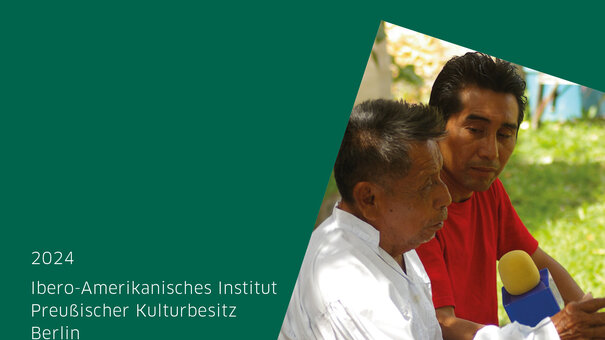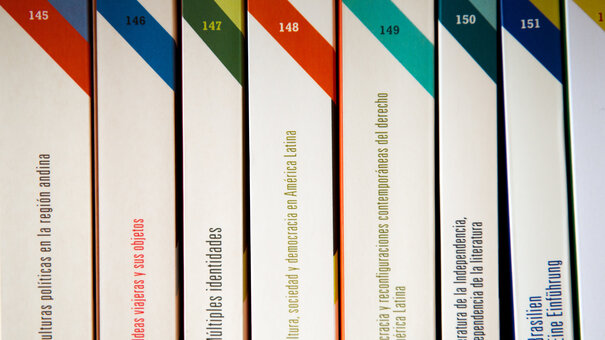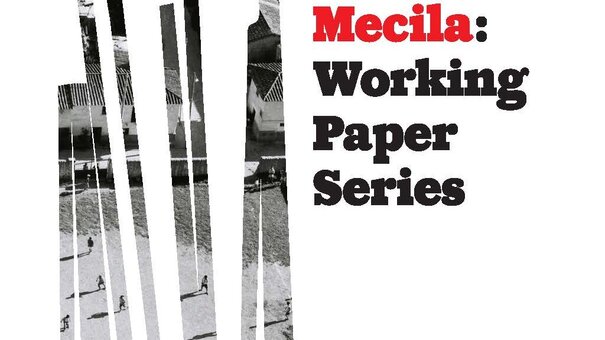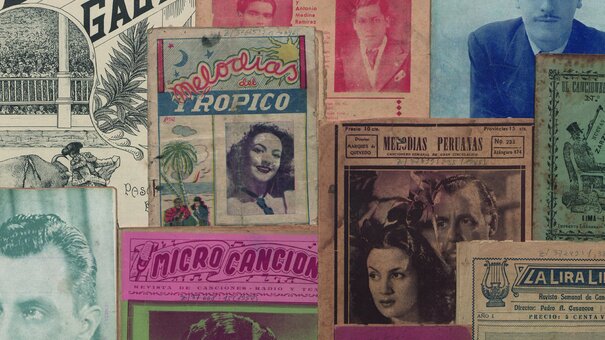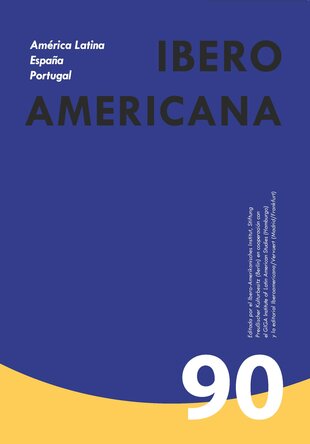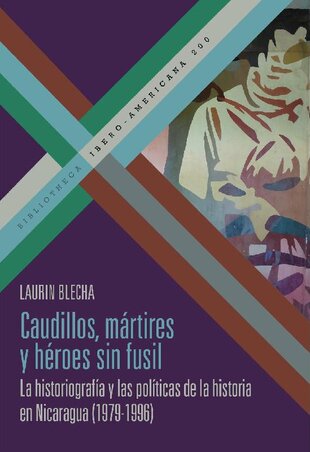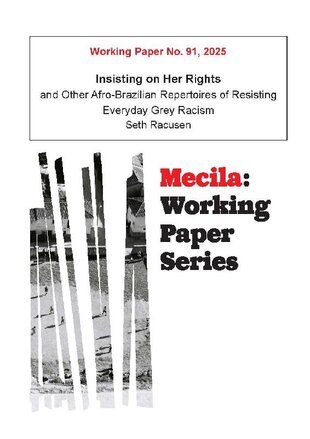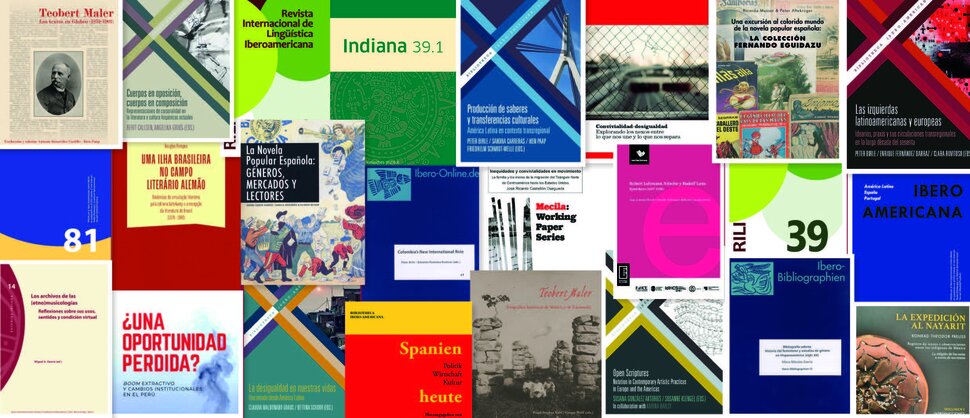Publikationen
Das Ibero-Amerikanische Institut (IAI) verfügt über ein vielfältiges Publikationsprogramm in deutscher, spanischer, portugiesischer und englischer Sprache, das sich aus mehreren Quellen speist: der institutseigenen Forschungstätigkeit, am IAI durchgeführten Tagungen und Symposien, Kooperationsprojekten mit in- und ausländischen Forschungseinrichtungen sowie hervorragenden Arbeiten einzelner Wissenschaftler*innen. Das Programm umfasst wissenschaftliche Zeitschriften, Buchreihen, Koeditionen, Ausstellungskataloge und Working Papers.
In unserer Publikationsbroschüre (PDF, 4,17 MB) (öffnet neues Fenster), (diese Datei ist nicht barrierefrei) informieren wir Sie über unsere Neuerscheinungen 2022-2024 und über alle Publikationen seit Gründung des Instituts.
Unsere Publikationen
Zeitschriften
Weitere
Publikationsprogramm
Publikationsprogramm
Unser Programm folgt einer internationalen, multidisziplinären und multilingualen Ausrichtung. Es orientiert sich an international etablierten Qualitätssicherungsstandards.
Dazu gehören beispielsweise Double-Blind-Peer-Review-Verfahren, international besetzte Editorial Boards, regelmäßige Evaluierungen und die Aufnahme der IAI-Zeitschriften in wichtige internationale Indizes.
Aufgrund seiner Überzeugung, dass zur Vielfalt von Wissensproduktion auch sprachliche Vielfalt gehört, verzichtet das IAI bewusst auf eine "English-Only"-Strategie.
Open Access
Das IAI folgt so weit wie möglich einer Free-and-Open-Access-Strategie.
Auf dem Publikationsserver des IAI (externer Link, öffnet neues Fenster) stellen wir Ihnen einen großen Teil der seit Gründung des Instituts im Jahr 1930 veröffentlichten Bücher und Zeitschriften zum kostenlosen Download zur Verfügung.
Die Zeitschriften “IBEROAMERICANA. América Latina - España – Portugal (externer Link, öffnet neues Fenster)” und “INDIANA. Estudios Antropológicos sobre América Latina y el Caribe (externer Link, öffnet neues Fenster)“ erscheinen zeitgleich mit der Printveröffentlichung im Open Access.

